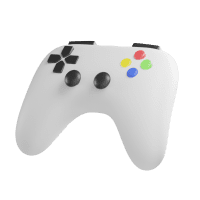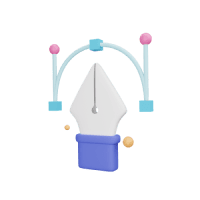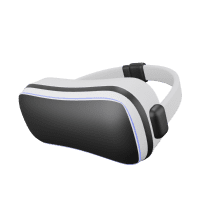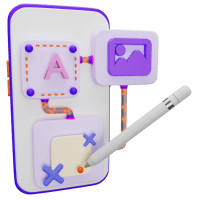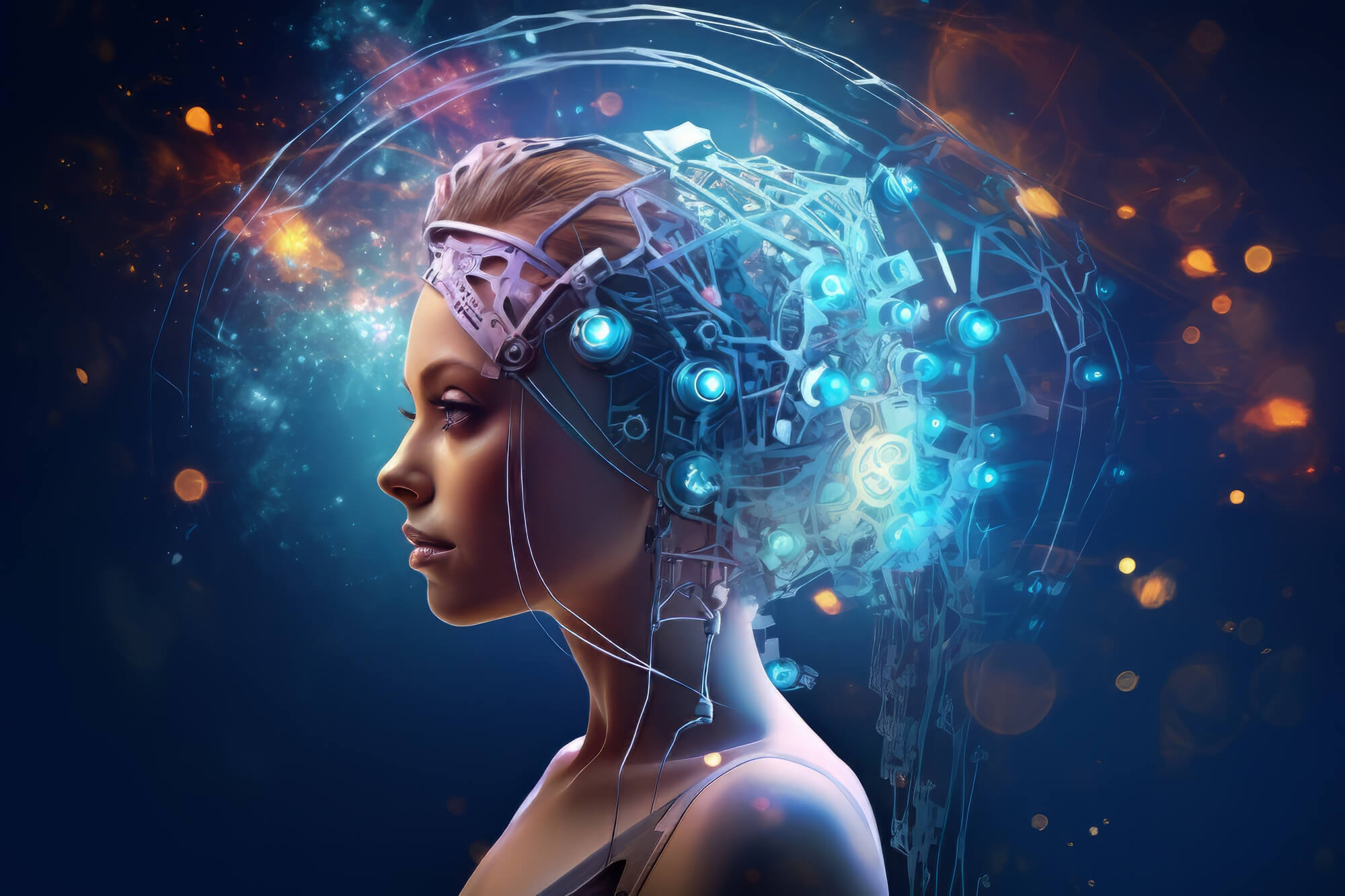
Can AI be used for mindreading now? A scientific experiment achieved something remarkable.
In a groundbreaking study, scientists have discovered a remarkable connection between neuroscience and music. They used advanced technology to explore how our brains decode and respond to music, shedding light on complex processes. This breakthrough not only enhances our understanding of the human mind but also shows potential for improving communication for people with speech-related difficulties.
Breaking Down the Study
The study, detailed in PLOS Biology, involved tracking brain signals in 29 individuals with implanted electrodes. Originally monitored for epilepsy, participants listened to Pink Floyd’s “Another Brick in the Wall.” Through careful analysis, researchers identified unique neural responses related to different musical elements. The study highlighted the crucial role of specific brain regions, particularly the superior temporal gyrus (STG), in decoding the song.
Deciphering Brain Responses to Music
Electrodes captured brain activity linked to song aspects like lyrics, rhythm, harmony, and instruments. Notably, the STG showed different responses to guitar notes and vocals. These findings offer unprecedented insights into how the brain processes music and emphasize the importance of specific brain regions in this cognitive function.
Applications for Communication and Assistive Technologies
Beyond musical enjoyment, this breakthrough holds promise for improving communication devices. Decoding music directly from brain signals could significantly help individuals with speech challenges, paralysis, or other conditions affecting verbal expression. Researchers envision a future where this technology expands to decoding and creating various sounds, transforming communication assistance for diverse communities.
In Conclusion
The intersection of neuroscience and music, revealing the ability to decode songs from brain signals, is a significant achievement in scientific exploration. This study not only advances our knowledge of how the brain perceives music but also opens doors to innovative solutions in communication and assistive technologies. As researchers continue to explore this frontier, exciting possibilities emerge for empowering individuals facing verbal expression challenges. Stay tuned for more developments in this groundbreaking field.





